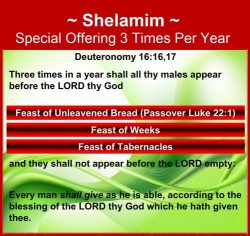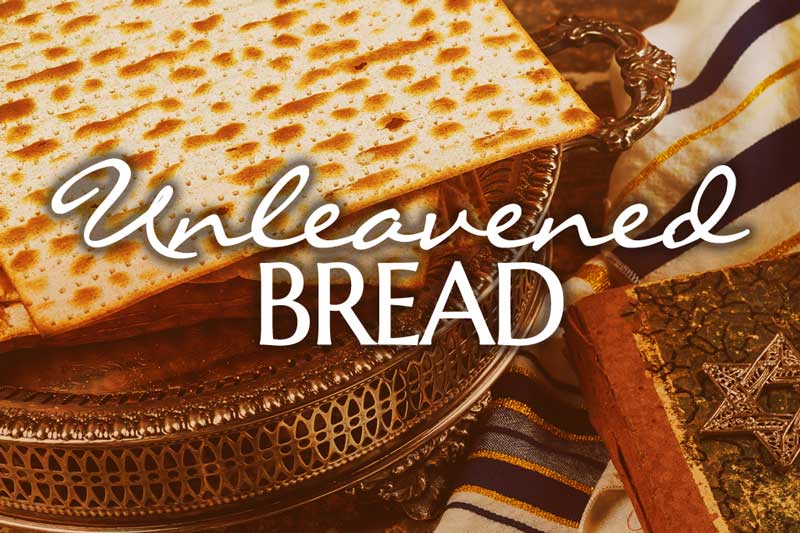The Spiritual Significance of Unleavened Bread
Feast
Feast of Unleavened Bread
Biblically Accurate or Hebrew Name
Festival of Matzah (Pronounced MOT-zah)
Biblical Significance
As the Hebrews journeyed out of Egypt into the desert, they ate bread without yeast, which they had prepared at the command of ADONAI (see Exodus 12:17-20 and 13:6-10). Practically, the Hebrews left Egypt in haste and had no time to wait for yeast to make their bread rise. However, there is a much greater significance. Exodus 13:9 reads, “This observance will be for you like a sign on your hand and a reminder on your forehead that the law of the LORD is to be on your lips.” Clearly stated, this feast is a reminder of the Word of God.
Spiritual Relevance
Yeshua’s (Jesus’) victory over sin and death empowers us to actively remove sin from our lives. Hence, this feast represents sanctification, as yeast is often compared to sin in the New Testament (see Matt. 13:33, 1 Cor. 5:6-8 and Gal. 5:9). However, we must receive salvation (represented in Pesach) before we can be sanctified. Without salvation, we are powerless against the enemy and our own fleshly desire to sin. Sanctification requires an ongoing communion with Messiah Yeshua (Jesus Christ), as demonstrated in eating matzah all week. Matzah is a piece of unleavened bread that is pierced and striped. It represents the body of Messiah, which is broken for us. Remember, this is not the fast of leavened bread, but the Feast of Unleavened Bread. After being saved, we get to feast on communion with Yeshua (Jesus). During this feast, we must allow Messiah to saturate us with His presence. He is available for us to feast on and with Him.
Observance Suggestion
Prior to Pesach, gather your family and remove all items in your home containing yeast. Make this a fun time with the kids. You will find there is yeast in many, many items (even non-food items like some toothpastes and deodorants). Challenge your kids to be creative in seeking out the yeast. I suggest looking for it and beginning to remove it a week before Pesach, as you will stumble across yeast over the course of a few days. This is also a wonderful opportunity for a type of spring cleaning. As we are cleaning our spiritual Temples, let us also clean out our physical homes. Also, purchase matzah at your local grocery store (most of them sell it this time of year) at least 2 weeks before Pesach, or the supplies will be low. In Leviticus 23:7-8, God requires abstaining from regular work and a sacred assembly on the 1st and 7th days of the Feast of Unleavened Bread. These are special Shabbats, so be sure not to do any ordinary work (at a job or housework/chores), and gather together with other believers. A burnt offering and its corresponding grain and drink offerings are also required on each day during this Feast (Numbers 28:17-25), which reveals that ADONAI wants to minister deliverance to us every day during this Feast. In prayer and communion, seek Him for deliverance. Additionally, this is one of the feasts at which God requires a special offering called the “Shelamim” that demonstrates how much He has blessed us throughout the year (Deut. 16:16). Hence, this special offering should be prepared for prior to and collected during the Feast of Unleavened Bread.
Notes
As you remove yeast, your awareness of the many hidden places that sin exists in our lives will be heightened. This is a time of deliverance and revival, as we fast from yeast (sin) and feast on matzah (Messiah).

